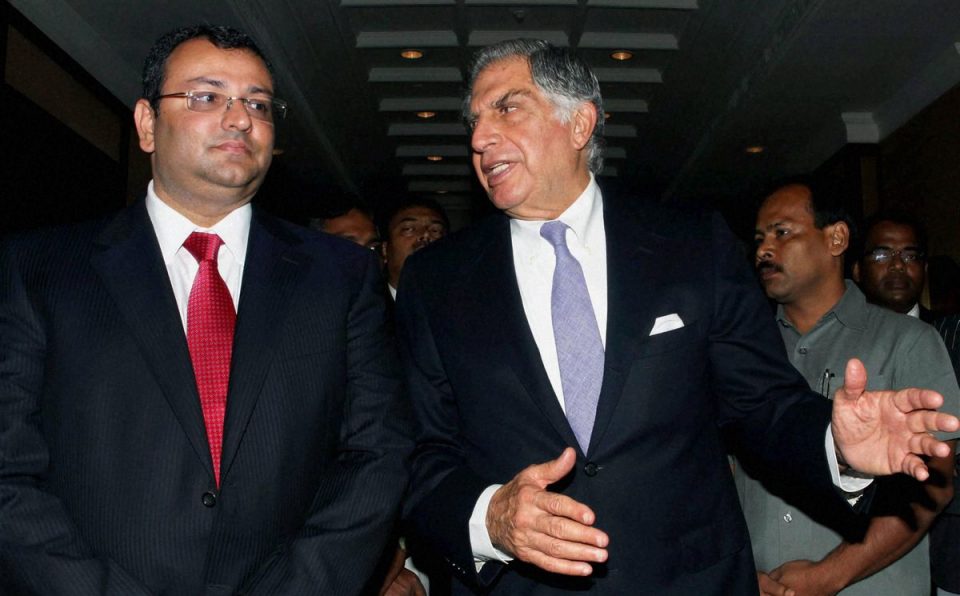The Supreme Court is scheduled to pronounce on Friday its judgment on the cross-appeals filed by Tata Sons Pvt Ltd and Cyrus Investments Pvt Ltd against the NCLAT order which had restored Cyrus Mistry as the executive chairman of the over USD 100 billion salt-to-software Tata conglomerate. As per Friday’s cause list uploaded on the apex court website, a bench headed by Chief Justice S A Bobde would pronounce the verdict. The bench, also comprising Justices A S Bopanna and V Ramasubramanian, had on December 17 last year reserved the verdict in the matter. Shapoorji Pallonji (SP) Group had told the top court On December 17 that the removal of Cyrus Mistry as the chairman of Tata Sons in a board meeting held in October 2016 was akin to a blood sport and ambush and was in complete violation of principles of corporate governance and pervasive violation of Articles of Association in the process.
Tata Group, on other hand, had vehemently opposed the allegations and said there was no wrongdoing and the board was well within its right to remove Mistry as the chairman. The apex court had on January 10 last year granted relief to Tata group by staying the National Company Law Appellate Tribunal (NCLAT) order of December 18, 2019, by which Mistry was restored as the executive chairman of the conglomerate. Mistry had succeeded Ratan Tata as chairman of Tata Sons in 2012 but was ousted four years later. Tata Sons had earlier told the top court that it was not a ‘two-group company’ and there was no ‘quasi-partnership’ between it and Cyrus Investments Pvt Ltd.
- Choosing the best demat account in 2025
- People’s Bank of China Stops Bond Buying
- Nifty, Sensex Suffer Biggest Weekly Loss in a Month Due to Persistent FII Selling
- Canada-Based Startup Launches North
- Economy of India Set to Grow 6.6% in 2025
In his reply to the Tatas’ petition challenging his reinstatement by the NCLAT last December, Mistry had also demanded that group chairman emeritus Ratan Tata should reimburse all the expenses to Tata Sons since his departure in December 2012 in keeping with best global governance standards.





